
Allied Health courses in Albany
Course providers in Albany
The following providers offer Allied Health courses in Albany.



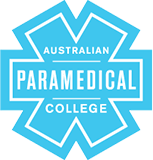







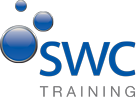
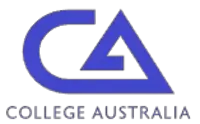





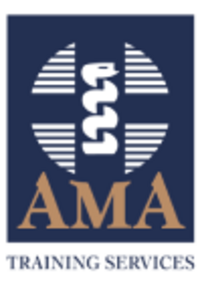









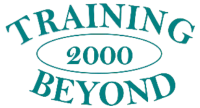










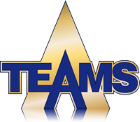
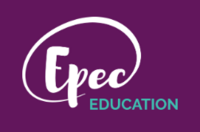




Career Pathfinder
Skills shortages + AI Exposure
Discover in-demand careers and understand how each role may be impacted by AI and automation.
- See in-demand occupations across Australia
- Check AI Exposure ratings
- Compare training duration and average income
Common questions
Occupational therapists help patients perform tasks in daily life, while physiotherapists help patients improve their movement, strength and function. The term occupation refers to everyday life tasks, while physiotherapy refers to physical therapy. Both are science-based allied health roles that aim to improve quality of life through prevention, maintenance and treatment.
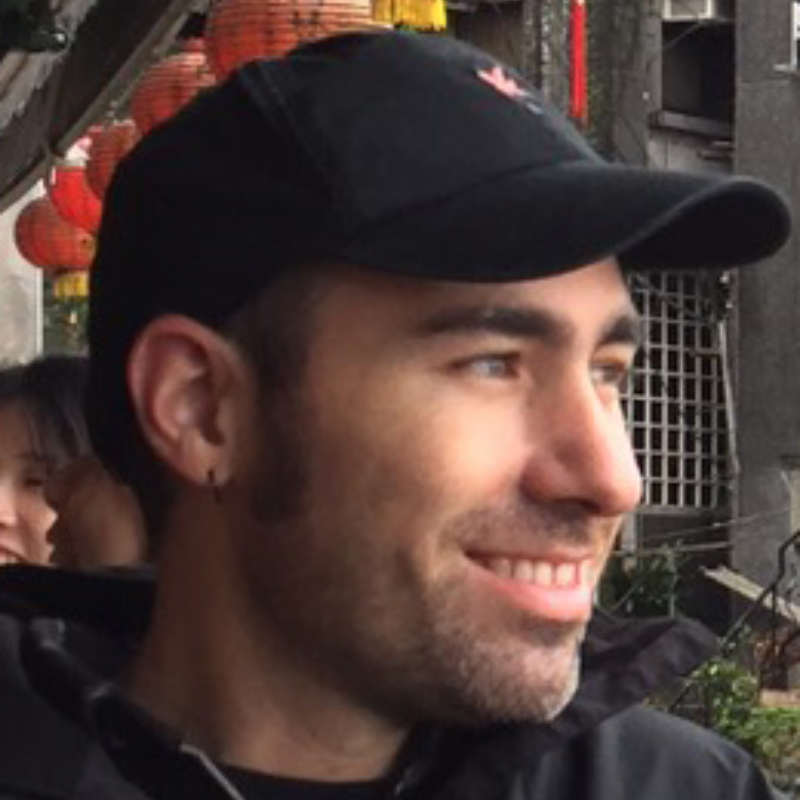 Stephen Charlton
Stephen Charlton
You can become qualified to work as an occupational therapist by completing one of the following degrees, depending on your educational pathway:
- Master of Occupational Therapy (postgraduate degree)
Average duration: 24 months - Bachelor of Occupational Therapy (Honours)
Average duration: 4 years - Bachelor of Occupational Therapy
Average duration: 4 years
 Stephen Charlton
Stephen Charlton
You can become qualified to work as a physiotherapist by completing one of the following degrees, depending on your educational pathway:
- Doctor of Physiotherapy (postgraduate degree)
Average duration: 3 years - Master of Physiotherapy (postgraduate degree)
Average duration: 24 months - Bachelor of Physiotherapy (Honours)
Average duration: 4 years - Bachelor of Physiotherapy
Average duration: 4 years
 Stephen Charlton
Stephen Charlton
Yes, you need to complete an accredited degree to work legally as an occupational therapist or physiotherapist in Australia. The two core pathways are completing a bachelor’s degree or a postgraduate degree. The Occupational Therapy Council of Australia and Australian Physiotherapy Council are responsible for accrediting such courses.
 Stephen Charlton
Stephen Charlton
Yes, overseas-qualified practitioners can work in Australia by registering with the Occupational Therapy Board of Australia or Physiotherapy Board of Australia. Practitioners who are currently registered with the Occupational Therapy Board of New Zealand or Physiotherapy Board of New Zealand can apply directly for Australian registration. Other overseas-qualified practitioners have to fulfil the requirements listed on the relevant webpages of the Occupational Therapy Board of Australia and Physiotherapy Board of Australia.
 Stephen Charlton
Stephen Charlton
If you have already completed an approved degree in a different discipline, you can gain an accredited postgraduate degree to become qualified to work as an occupational therapist or physiotherapist. Examples of such degrees are a Master of Occupational Therapy, Master of Physiotherapy and Doctor of Physiotherapy. Postgraduate degrees in these fields may have additional entry requirements, including but not limited to health-related prerequisite subjects.
 Stephen Charlton
Stephen Charlton
In some cases, completing vocational education and training (VET) in a related discipline can allow you to meet the entry requirements for a bachelor’s degree in these fields. Entry requirements vary between educational providers. Some providers offer a VET entry pathway with a minimum of a Certificate IV, but others require a minimum of a diploma or advanced diploma. Some providers do not offer a VET pathway for these courses at all. Therefore, it’s wise to confirm the entry requirements for your desired bachelor’s degree before starting a VET course.
 Stephen Charlton
Stephen Charlton
In addition to completing an accredited degree, occupational therapists and physiotherapists will need to register with the Occupational Therapy Board of Australia or Physiotherapy Board of Australia to work in Australia. The Australian Health Practitioner Regulation Agency (AHPRA) administers practitioner registration on behalf of these boards. There are different requirements to gain registration for Australian-qualified practitioners, New Zealand-registered practitioners, and other overseas-qualified practitioners.
 Stephen Charlton
Stephen Charlton
Career paths for these professions include independent contracting, starting a practice, working in community care, paediatrics, mental health, rehabilitation, disability, medical or aged care sectors).
 Stephen Charlton
Stephen Charlton
Jobs and Skills Australia reports that the median full-time weekly earnings for occupational therapists and physiotherapists in 2024 are $1,526 and $1,710, respectively. These figures can be contrasted with Australian workers of all occupations, who earn a median full-time weekly income of $1,697.
 Stephen Charlton
Stephen Charlton
There is a significant demand for occupational therapists across Australia. Jobs and Skills Australia’s Occupation Shortage List indicates that the labour market had a shortage of occupational therapists across all states and territories from 2022 to 2024.
 Stephen Charlton
Stephen Charlton
There is substantial demand for physiotherapists in Australia. Jobs and Skills Australia’s Occupation Shortage List indicates that the labour market experienced a shortage of occupational therapists and physiotherapists in most states and territories from 2022 to 2024.
 Stephen Charlton
Stephen Charlton
Working as an occupational therapist or physiotherapist comes with the satisfaction of directly helping to improve patients’ quality of life. Furthermore, the job market is promising, as Jobs and Skills Australia reports there is significant labour market demand for both professions. The future outlook is also positive, as Jobs and Skills Australia reports that the annual employment growth in 2024 for occupational therapists and physiotherapists is 2,200 and 4,100, respectively.
 Stephen Charlton
Stephen Charlton
Further reading


What can you do with a Certificate IV in Allied Health Assistance (Physiotherapy)?
3rd March 2022
What can you do with a Certificate III in Allied Health Assistance?
8th January 2020All courses
- HLT33021 Certificate III in Allied Health Assistance
- HLT47321 Certificate IV in Health Administration
- CHC43315 Certificate IV in Mental Health
- CHC53315 Diploma of Mental Health
- HLT52021 Diploma of Remedial Massage
- HLT41120 Certificate IV in Health Care
- HLT54121 Diploma of Nursing
- 22656VIC Advanced Diploma of Myotherapy
- 11028NAT Course in Dietary Requirement Awareness and Safety
- HLT45015 Certificate IV in Dental Assisting (Radiography and Oral Health Promotion Specialisation)
- Master of Social Work (Qualifying)
- BSB30120 Certificate III in Business (Medical Administration)
- Bachelor of Biomedical and Exercise Science
- Bachelor of Biomedical Science (Human Physiology)
- HLT45015 Certificate IV in Dental Assisting (Radiography Specialisation)
- Bachelor of Medical Studies / Doctor of Medicine
- Bachelor of Exercise Science (Honours)
- HLTWHS003 Maintain Work Health and Safety
- Graduate Certificate in Child and Adolescent Mental Health
- Bachelor of Science (Nutrition Science)
- Bachelor of Sport Science
- Bachelor of Occupational Therapy (Honours)
- FNS30215 Certificate III Personal Injury Management
- HLT43021 Certificate IV in Allied Health Assistance (Communication and Swallowing Support)
- HLT32912 Certificate III in Health Administration
- HLT47715 Certificate IV in Medical Practice Assisting
- HLT57921 Diploma of Anaesthetic Technology and Practice
More about Allied Health courses
Welcome to the Allied Health Courses in Albany section, where we proudly showcase an extensive selection of Allied Health courses available in the vibrant city of Albany, 6330 Australia. Whether you are a complete beginner seeking to launch your career or an experienced professional looking to upskill, you'll find courses tailored to your needs. With a total of 9 courses on offer, you can explore exciting opportunities within this essential field.
If you are starting your journey in the Allied Health sector, consider enrolling in the Certificate III in Allied Health Assistance or the Biomedical Science (Exercise and Health). These beginner courses are designed for learners with no prior experience and will equip you with foundational skills needed to thrive in various healthcare settings. Albany is an excellent place to embark on this path, with a growing demand for skilled professionals in the region.
For those with previous experience or qualifications, we offer a range of advanced courses to deepen your knowledge and expertise. Some of the most popular options include the Certificate IV in Mental Health, Diploma of Remedial Massage, and various Bachelor's degrees such as in Physiology and Biomedical Science. Upgrading your qualifications not only enhances your career prospects but also enables you to make a more significant impact in the community.
You're not limited to just foundational or advanced courses; there are also specialised areas where you can focus your studies. Explore options within categories like Massage, Psychology, and Nursing. With such a strong presence of healthcare facilities in Albany, you'll have ample opportunity to apply your skills in real-world environments. Start your journey today and discover how a career in Allied Health can be both rewarding and fulfilling!
